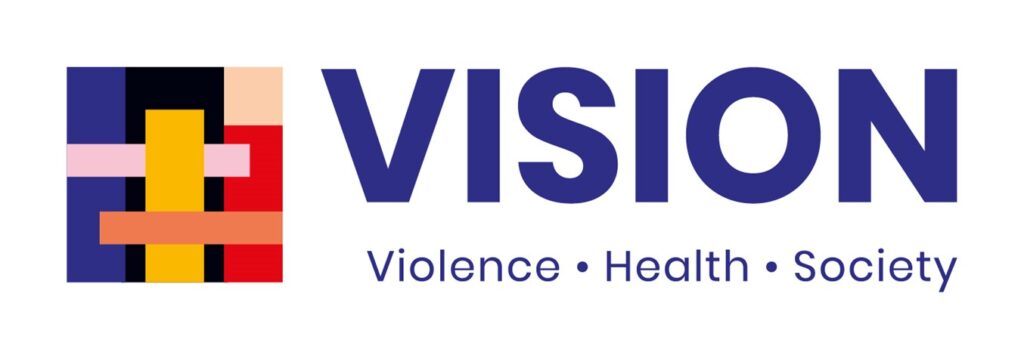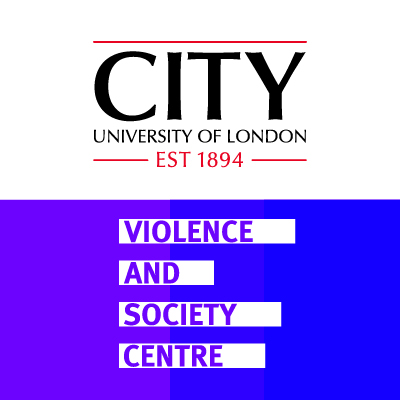Violence against women and girls (VAWG) is a pressing issue in Iran, a Middle Eastern country marked by its patriarchal structure and systematic and pervasive gender discrimination. Educational programmes addressing this issue are scarce, and cultural barriers often hinder open discussion. The United to End Violence Against Women and Girls campaign aims to break this silence through a series of animated videos in Farsi and English and images designed to inform public discourse and to empower victims to seek support.
The United to End Violence Against Women and Girls project was led by VISION researchers Ladan Hashemi and Sally McManus, in collaboration with colleagues from other UK universities including the University of Bristol, Goldsmiths University, Animation Research Centre at the University for the Creative Arts, and Leeds Beckett University.
They worked with an animation production team in Iran, a social media advisor, and two advisory groups. The advisory groups were Mehre Shams Afarid, an Iran-based non-governmental organisation (NGO), and IKWRO, a London-based charity providing services to women victims of violence from the Middle Eastern and North African (MENA) region—to incorporate culturally specific insights.
Although the project initially focused on Iran, engaging with the UK-based NGO revealed an interest in extending its reach. As a result, English subtitles were added to make the animations accessible to a wider audience. This collaboration helped the content resonate with audiences both in Iran and within the global diaspora community, particularly those from the MENA region.
The animations are grounded in evidence from a survey of 453 women in Iran, which explored the manifestation of various forms of VAWG in Iran and women’s perspectives on how to eliminate it. The survey was designed by Fatima Babakhani, CEO of Mehre Shams Afarid.
Key findings from participants’ open-ended responses to the survey showed that, despite structural inequalities and deeply ingrained societal, cultural, and religious norms that perpetuate VAWG, change is possible through education and legal reforms.
As one survey participant noted: “Unfortunately, many still don’t understand what violence truly is. Raising awareness is the solution.”
The first four United to End Violence Against Women and Girls campaign animations focus on coercive control, economic abuse, technology-facilitated abuse, and active bystander interventions, with two more animations in development.
With guidance from an Iranian social media advisor, a digital strategy was developed to maximise the campaign’s impact. Instagram was chosen as the primary distribution platform, as it is the most widely used social media platform in Iran, with over 47 million users. The animations are also shared on YouTube to further extend the campaign’s reach.
Influencers and women’s rights activists with followings from thousands to millions were partnered with to amplify the campaign’s reach. The online campaign officially launched 25th November, on the International Day for the Elimination of Violence Against Women and Girls.
By leveraging evidence-based content and strategic partnerships, we hope to spark meaningful conversations and drive change across Iran and the diaspora communities from the MENA region.
Join us in raising awareness and advocating for change. Please follow and share the campaign links on your social media to help spread the message.
Link to Instagram page
Link to YouTube channel
This project was funded by City St George’s, University of London Higher Education Impact Fund (HEIF) Knowledge Exchange and by the UKPRP VISION research consortium.
For further information, please contact Ladan at ladan.hashemi@city.ac.uk

